Partnered Efforts Will More Than Double Firefighting Capability of Redding Air Attack Base
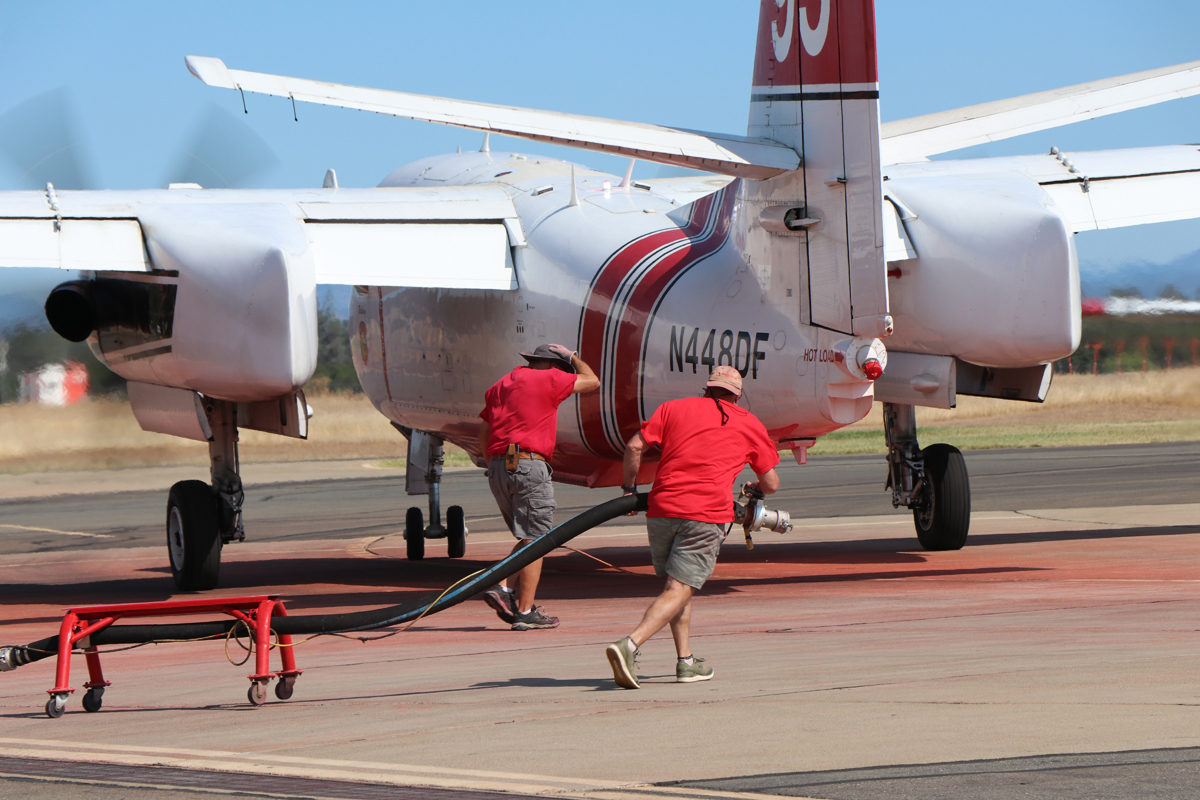
Partnered Efforts Will More Than Double Firefighting Capability of Redding Air Attack Base
On April 25, the US Forest Service and partners, including the Army Corps of Engineers and the City of Redding, will celebrate the completion of Phase 1 in a five-year, $28 million project to expand airtanker loading capabilities by 132% at the Redding Interagency Air Attack Base. The upgrades allow for simultaneous loading of five aircraft, up from two, and increases the base’s fire-retardant loading capacity from 3 million to 6 million gallons. This base is vital in providing initial and extended attack for wildfires across California and the western United States.
US Department of Labor Awards $2.9M for Clean-Up & Recovery After Northern California’s 2021 Wildfires

US Department of Labor Awards $2.9M for Clean-Up & Recovery After Northern California’s 2021 Wildfires
On March 25, the US Department of Labor announced the incremental award of more than $2.9 million to continue supporting disaster-relief employment and employment training services for residents as the state continues to recover from the wildfires that devastated several Northern California communities between July and October, 2021. The grant allows the state to provide temporary jobs for debris removal and forest restoration activities in Lassen, Nevada, Placer, Plumas, Tehama and Trinity counties, including employment and training services for eligible people in the affected areas. This award builds on a previous award from 2022 and brings the department’s total award to California to $5,936,700.
USFS Investments to Help Landowners Access Climate Markets

USFS Investments to Help Landowners Access Climate Markets
On March 15, the USFS announced it is investing nearly $145 million from the Inflation Reduction Act to connect forest landowners with emerging climate markets. This will expand access to markets for underserved and small-acreage forest landowners to address climate change. $32 million will go to organizations with multi-state projects that will impact California.
“Private landowners are key in the fight for climate resilience and forest health,” said Agriculture Secretary Tom Vilsack. “These investments announced today will expand access to markets that were previously out-of-reach, allowing underserved and small-acreage forest landowners to address climate change, while also supporting rural economies and maintaining land ownership for future generations.”
SNC Celebrates 20 Years of Impact and Awards $27.5 Million to Forest Resilience & Community Protection Projects
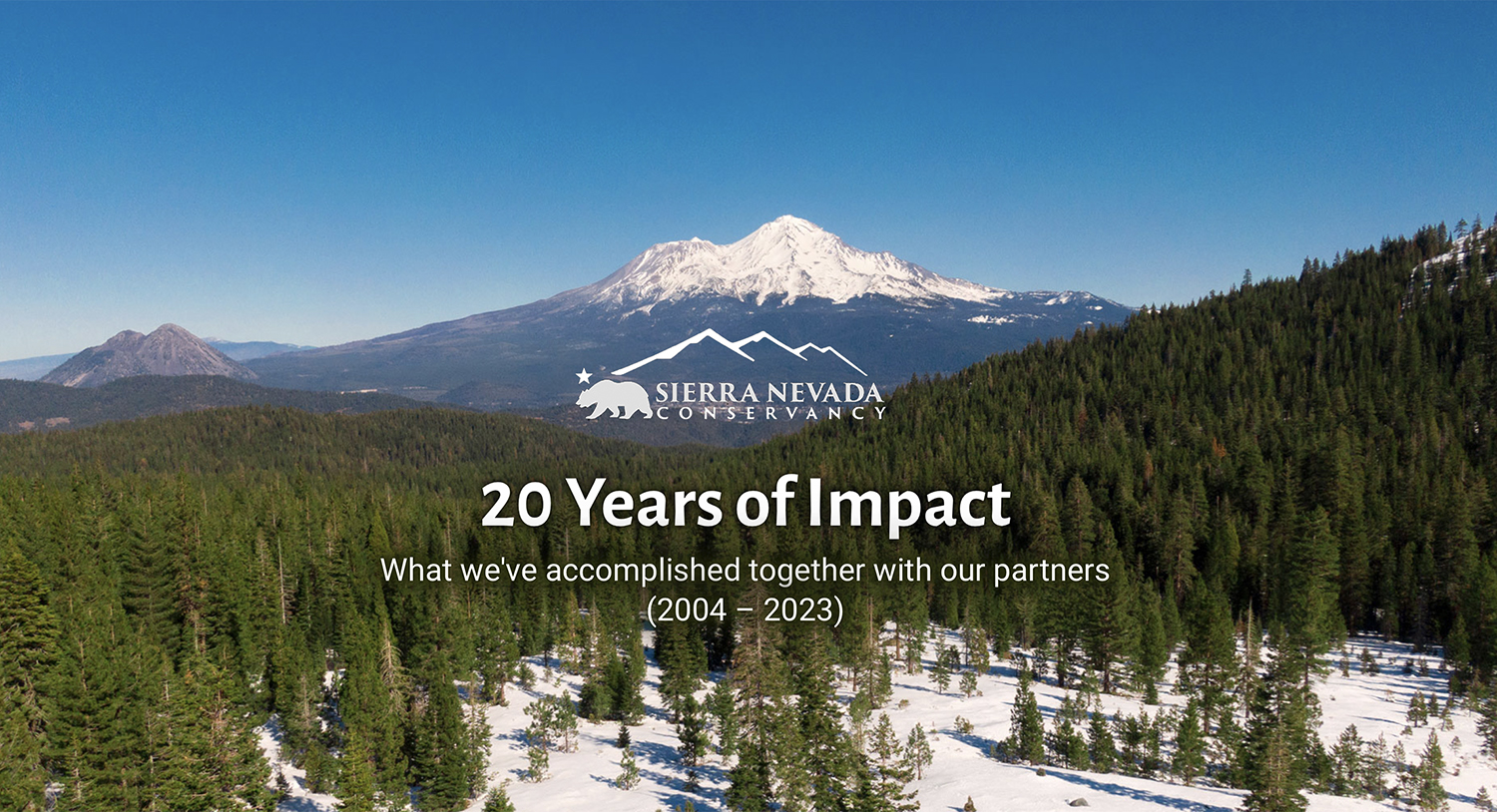
SNC Celebrates 20 Years of Impact and Awards $27.5 Million to Forest Resilience & Community Protection Project
The Sierra Nevada Conservancy (SNC) released a report of accomplishments made with its partners over the past 20 years. SNC is keeping up the good work with the announcement of $27.5 million to 16 different projects that help with the planning and implementation of forest-health efforts that promote recovery and resilience throughout the Sierra-Cascade. Of the 16 projects awarded, eight went to the implementation of shovel-ready projects in Amador, Placer, Plumas, Shasta, Siskiyou, and Tulare counties.
Fire Adapted Communities (FAC) Baseline Assessment Released

Fire Adapted Communities (FAC) Baseline Assessment Released
The Task Force FAC Work Group released a Baseline Assessment as part of the FAC Roadmap and Dashboard Project. The purpose of the project is to provide a strategic plan for fire-adapted and resilient communities, based on a holistic and shared vision for FAC. The Baseline Assessment documents a broad sampling of the FAC-related research, actions, and efforts being taken across California to identify and address critical gaps to achieving the FAC vision and goals which will be considered for the ultimate Roadmap and Dashboard deliverables to be developed later in the project.
Governor Newsom Introduces 2024-2025 Budget
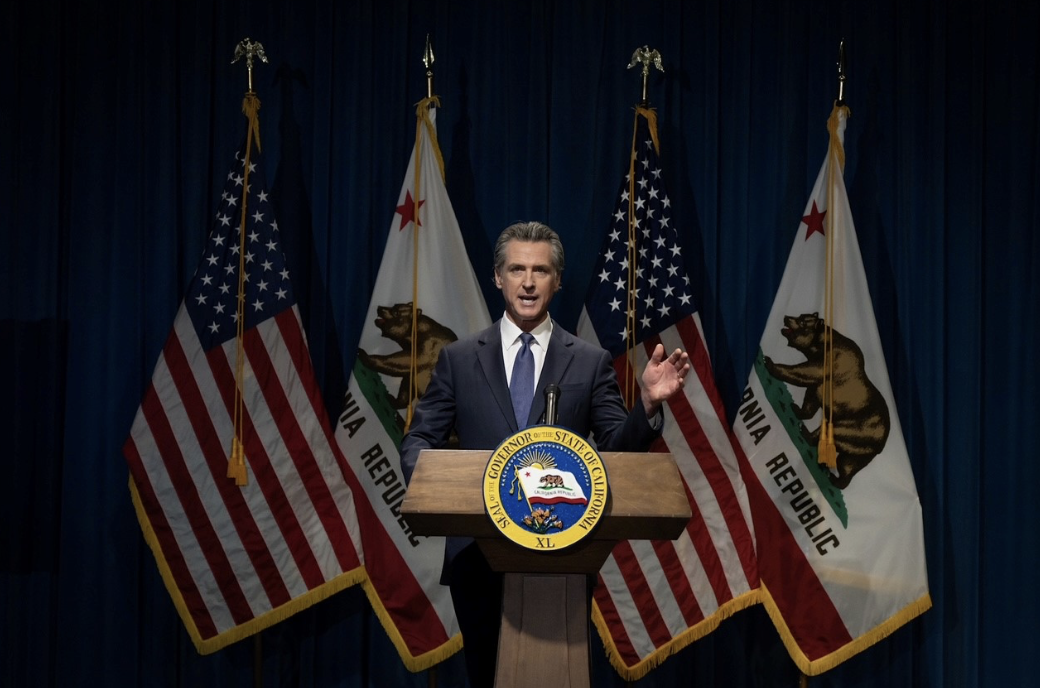
Governor Newsom Introduces 2024-2025 State Budget Proposal
On January 10, 2024, the Governor introduced a budget proposal that closes a $37.86 billion shortfall while protecting key investments in education, public safety, addressing homelessness, mental health care reform, and climate action. PENDING approval from Dept of Finance With regard to wildfire and forest resilience, the budget proposal maintains most of the previously available $2.8 billion in funding from last year, with a reversion of $100.7 million General Fund for various wildfire programs and an increased funding timeline from 4 years to 5 years.
Planscape Adds All Four CA Regions and Launches Plan Journey
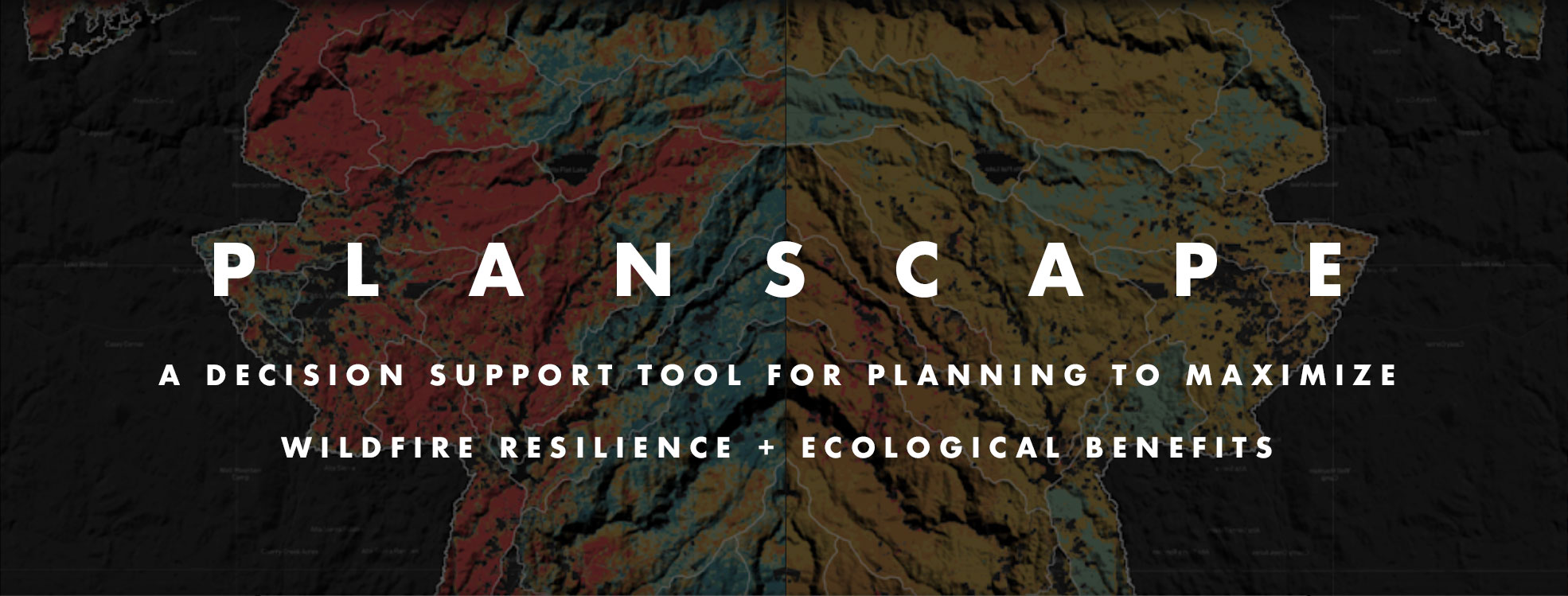
Planscape Adds All Four CA Regions and Launches Plan Journey
Planscape is a free decision support tool built to maximize wildfire resilience and ecological benefits across California. Planscape has expanded its coverage to Northern California and now offers statewide coverage. The recently launched Plan journey helps determine the best locations for land treatment. Planscape is a collaborative effort by the California Natural Resources Agency, the US Forest Service, The University of California, and Spatial Informatics Group (SIG) with support from Google.org.
USFS Awards Stanislaus National Forest $57.6M in FY24 Wildfire Crisis Strategy Landscape Funding
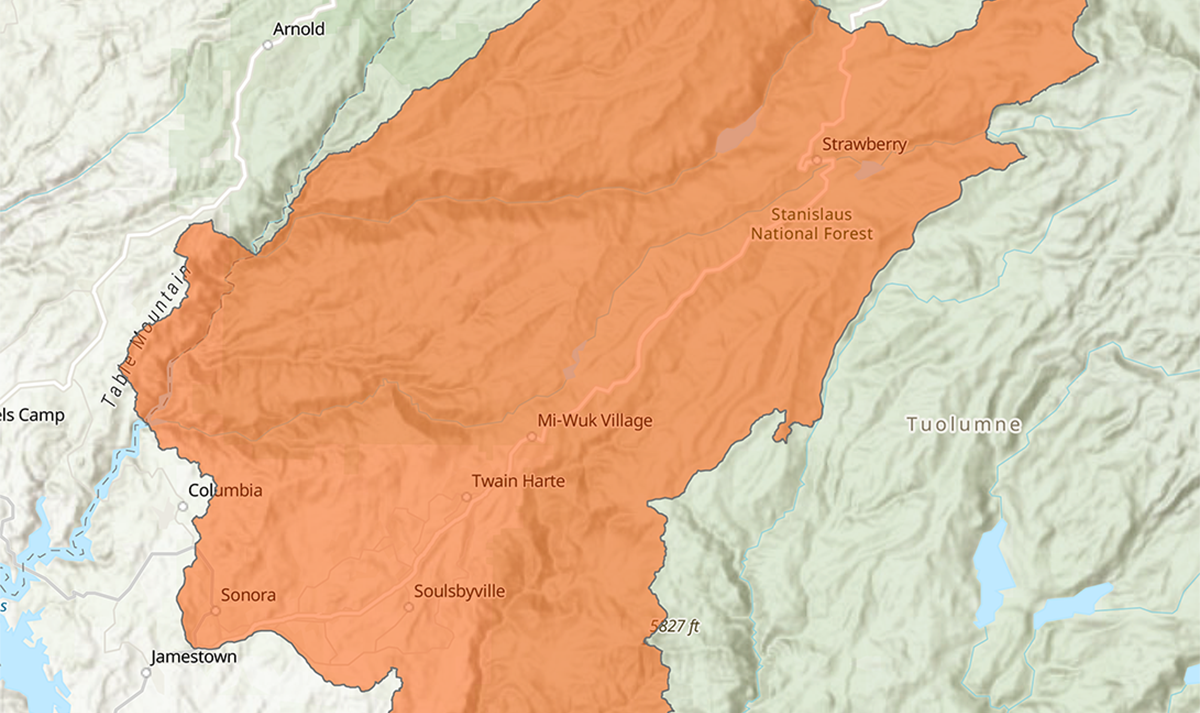
USFS Awards Stanislaus National Forest $57.6M in FY24 Wildfire Crisis Strategy Landscape Funding
Stanislaus National Forest is currently into year three of a ten-year, 305,000-acre project to reduce fuel loads on the forest through a variety of methods to include mechanical thinning and the application of prescribed fire. FY24 funding is part of USFS’ Wildfire Crisis Strategy, which also includes the already underway Social and Ecological Resilience Across the Landscape (SERAL) Project being implemented by Stanislaus National Forest, Tuolumne County and Yosemite Stanislaus Solutions (YSS), a collaborative of 25 local industry, environmental and recreational groups.
USFS Advances Commitment to Protect Old-Growth Forests
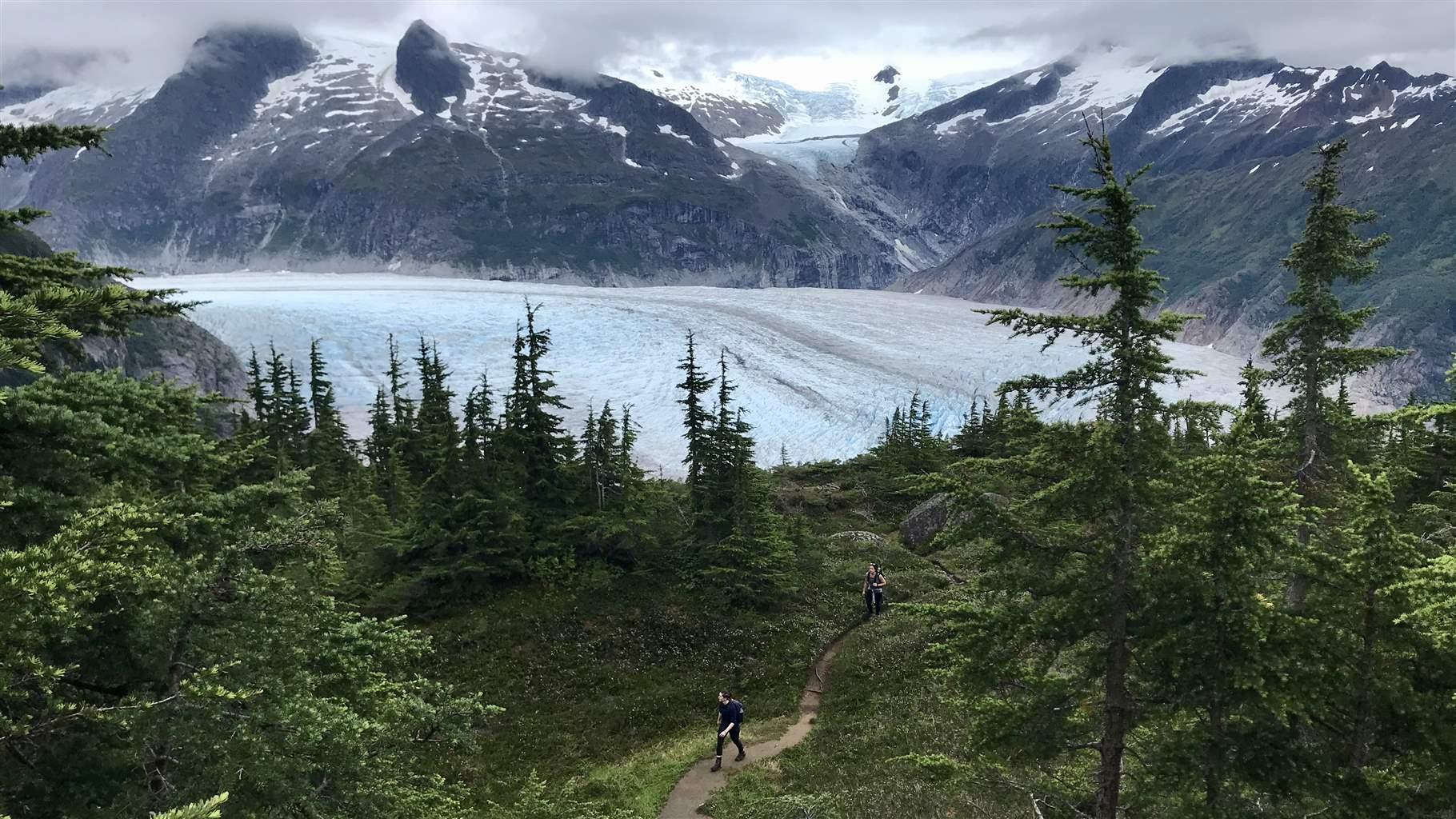
USFS Advances Commitment to Protect Old-Growth Forests
On December 19, 2023, the USFS published a Notice of Intent to prepare an environmental impact statement for a National Old Growth Amendment in the Federal Register. This would amend all 128 forest land management plans across the country to conserve and restore old-growth forests across the National Forest System to maintain and improve amounts and distributions of old-growth to improve resilience and climate-adaptability of our forests.
North Yuba Landscape Resilience Project
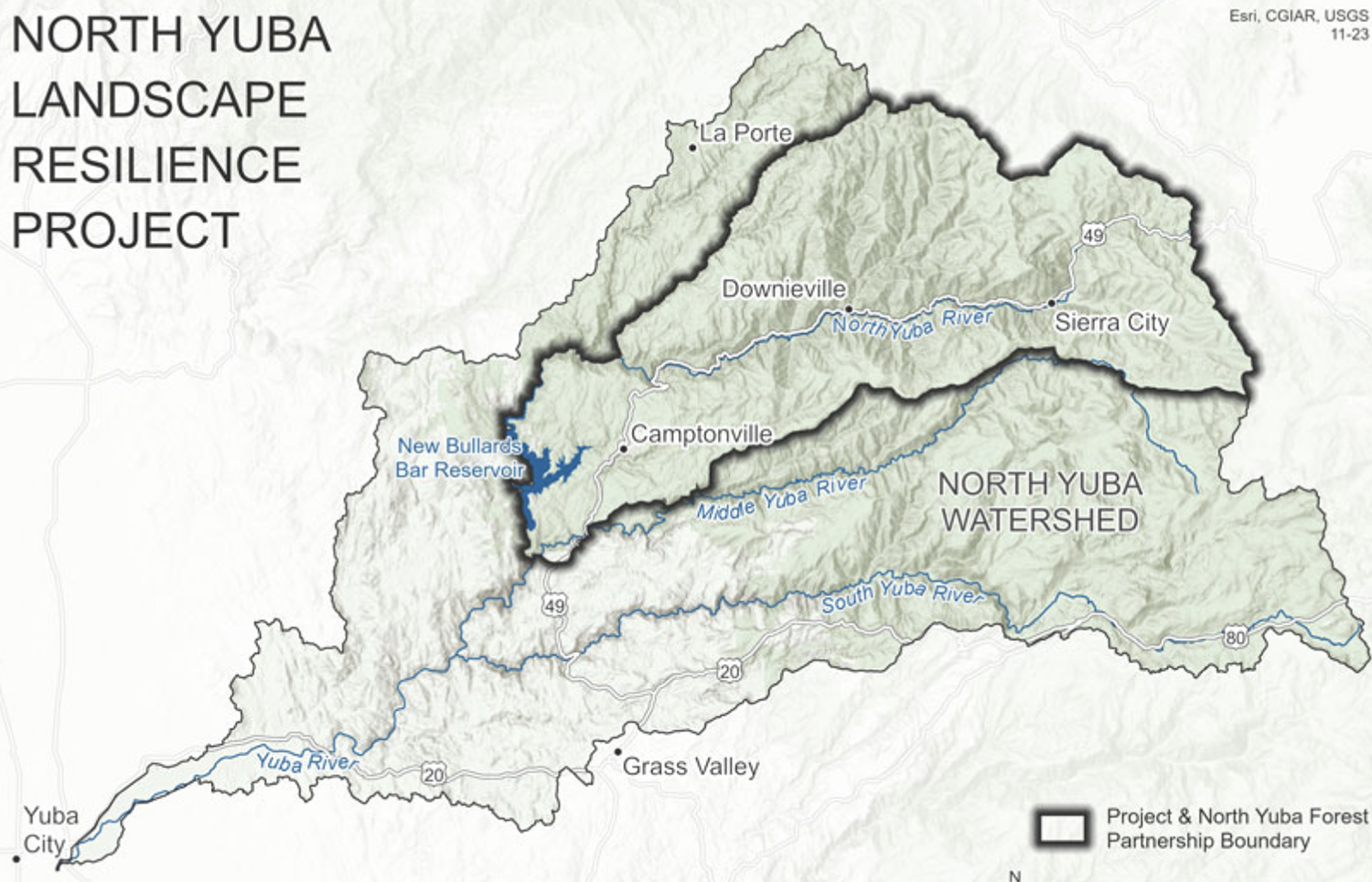
North Yuba Landscape Resilience Project an Example of Collaborative Funding
A 2020 Sierra Nevada Conservancy grant in support of planning efforts by the North Yuba Forest Partnership leveraged a $160 million USFS investment which will allow much-needed work to be completed across 275,000 acres of federal land within the North Yuba River watershed. While federal projects are ramping up, others have already started thanks to private funding from a forest resilience bond created by Blue Forest Conservation.

